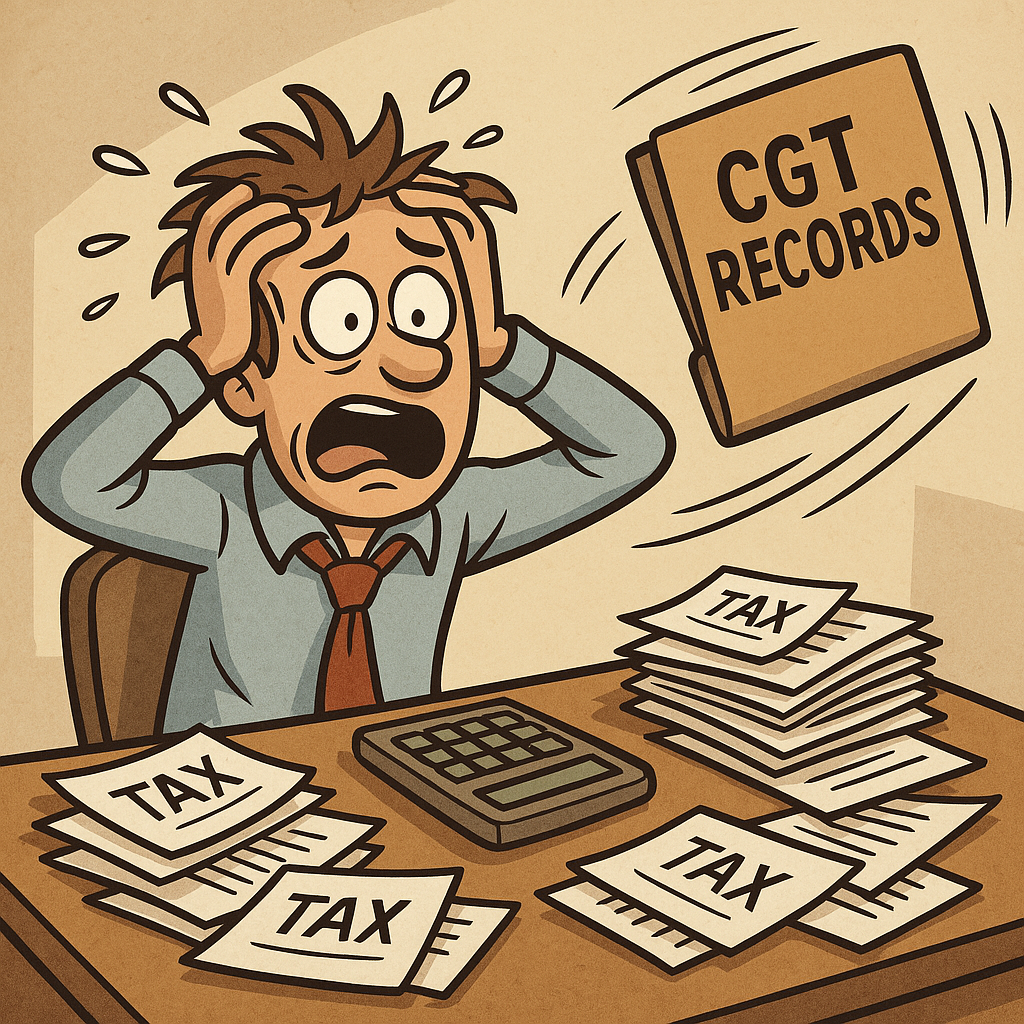Managing inherited investments: what you need to know
When it comes to inheritances, one key fact to understand is that Australia has no death duties – meaning there are no taxes on a deceased person’s estate based on the value of their assets at the time of death.
Rather, we have a form of “roll-over” whereby there is no taxation of the assets as they pass from the deceased person to their estate (executors) and then onto beneficiaries.
But like musical chairs, it will be the beneficiary who will be left holding the asset and will be subject to capital gains tax (CGT) on its later sale in their hands (unless the asset is exempt from CGT, such as a car or the home of the deceased sold within two years of their death).
But here’s the good news: even though the beneficiary does not pay anything for the inherited asset, in calculating any CGT on its later sale in their hands, they get a “cost base” for this purpose equal to either the cost of the asset to the deceased person or its market value at the date of their death.
Whether they get the deceased person’s cost or market value will depend on whether the deceased acquired the asset before or after 20 September 1985 (when the CGT regime was introduced into Australia).
If the deceased acquired the asset after 20 September 1985, they will get the cost base of the deceased. In other words, as well as inheriting the asset, they will inherit the deceased’s cost base, ie, they will “step into the shoes” of the deceased.
Otherwise, if the deceased acquired the asset before 20 September 1985, then they will get a cost base for the asset equal to its market value at the date of the deceased’s death (because the asset is being brought into the CGT system for the first time).
Either way, the outcome is good: despite the beneficiary paying nothing for the inherited asset, they get some sort of cost for it – which means less CGT will be paid on its sale.
Furthermore, if the asset has been owned for more than 12 months by the beneficiary (including the deceased’s ownership in the case of an asset acquired after 20 September 1985), then the beneficiary will get the benefit of the 50% CGT discount in calculating the assessable.
All this means is that in the case of inherited assets which the deceased acquired after 20 September 1985, it will be important for the deceased to have kept records of their cost (and their date of acquisition) – and in the case of inherited assets like a big parcel of shares it can be very messy if no records have been kept by the deceased or they are not readily available.
So, come and have a chat to us if you have inherited – or are going to inherit – assets such as shares and other investments. We can help make this easier for you - and maximise the tax outcomes.











